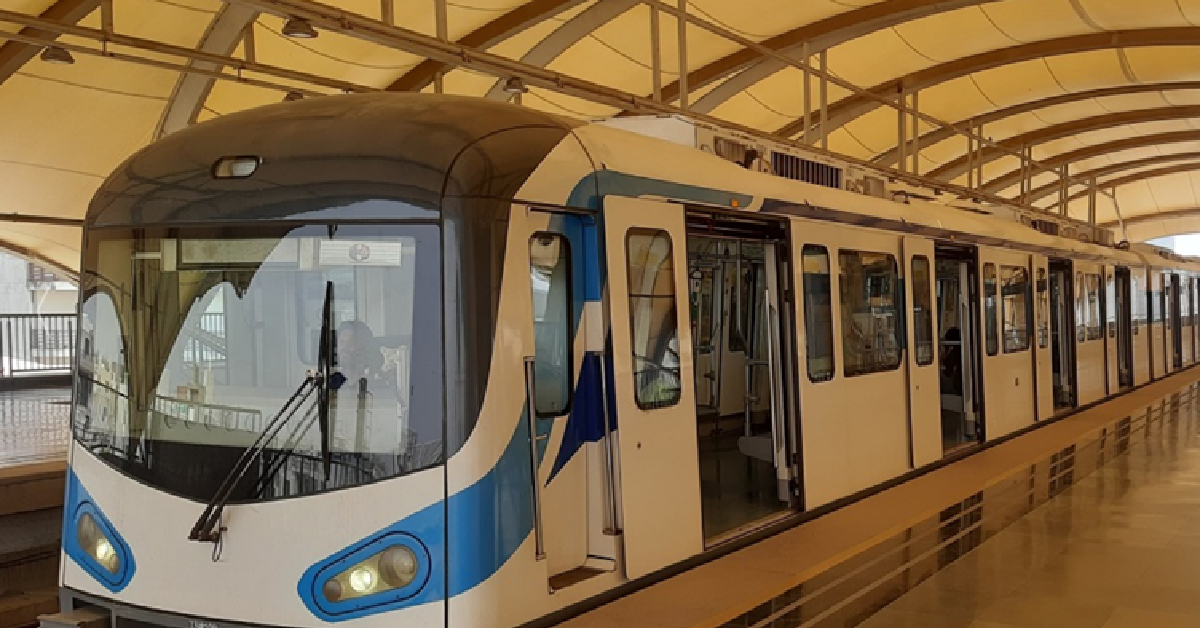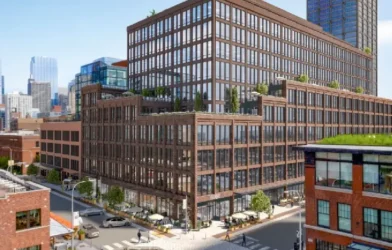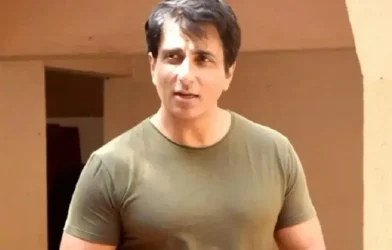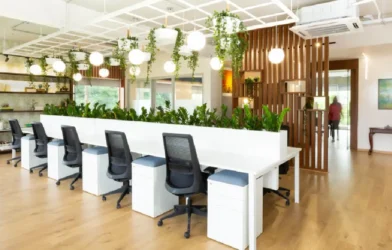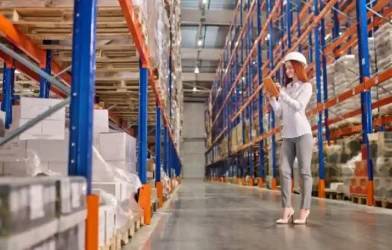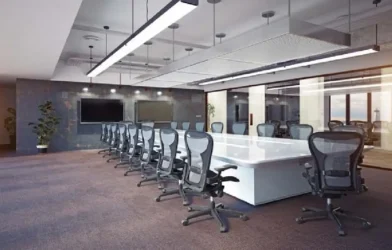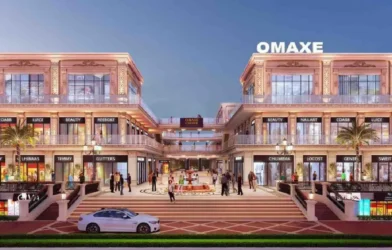Subtotal ₹0.00
Nearly 18 months after Prime Minister Narendra Modi laid the foundation stone, Gurugram’s long-awaited Metro expansion project has finally moved into the construction stage.
Union Minister for Power, Housing and Urban Affairs Manohar Lal Khattar and Haryana CM Nayab Singh Saini led the bhoomi pujan at Gurugram University on Saturday, marking the start of work on the 28.5-km corridor that will link new and old parts of the city.
What, however, caught the eye was the absence of the local MP and Union minister, Rao Inderjit Singh. A six-time MP, Rao Inderjit has been the front runner for the project and credits himself with getting the Metro to the city during Congress rule, when he was in the party. He has, in the last one year, been vocal about the delay in construction, calling it his dream project. Hence, his absence has raises eyebrows. His differences with Khattar and Rao Narbir Singh — who was the in the forefront during the function — are being cited as the key reason.
However, refuting it, Rao Inderjit said, “The Metro expansion officially started in February 2024 when the PM came to inaugurate it, and having worked hard for it, I was very much there. I am happy that the project is taking off and Gurugram will soon get its due.”
The 28.5 km-long Metro corridor — from the Millennium City Centre to Cyber City up to Dwarka Expressway, and costing about Rs 5,500 crore — will include 27 stations and connect new and old Gurugram.
“Metro services are being expanded to provide convenience and better mobility to people. Wherever Metro connectivity is needed across the country, the Urban Ministry will ensure timely approvals and implementation,” said Khattar.
He further said that the ministry would provide 10,000 buses at concessional rates across the country, of which 450 would be allotted to Haryana, including 100 buses dedicated to Gurugram. He added that to improve last-mile connectivity, transport facilities linked with Metro stations would be made available through an app-based system, which would ensure safety and allow fare payments through Metro cards, eliminating parking issues.
Saini said, “Together we are fulfilling a long-awaited dream. This Metro service will benefit every citizen by reducing traffic congestion, saving travel time, decreasing pollution, and creating new employment opportunities.”




